That someone is Tasha Simon. Many know her as the Senior Specialist, Indigenous Programs, but for a fortunate few she is their law school auntie.
For Simon, the role of auntie is deeply rooted in Indigenous traditions of compassion, care, and community. “The law school auntie provides support for Indigenous learners navigating a colonial institution that was created to oppress them," she explains.
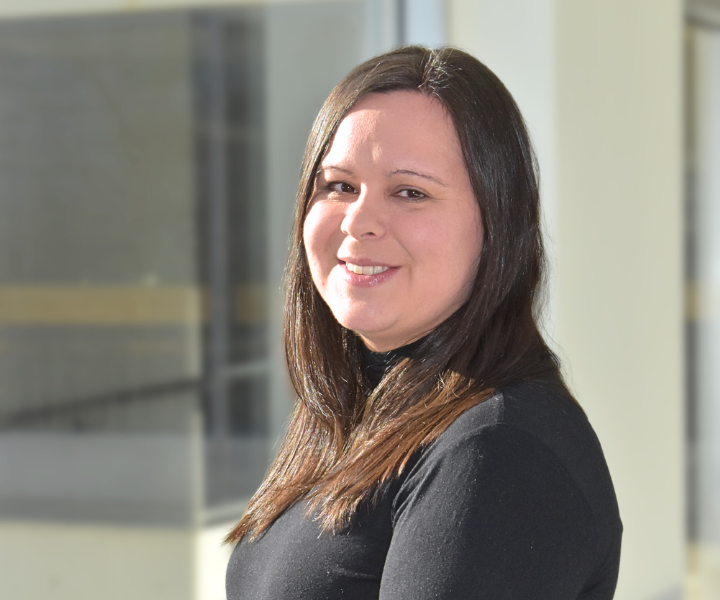
“It’s about creating a home away from home. A space where students are cared for, nourished, and uplifted. Where they feel seen and heard. Where their culture is respected and encouraged.”
Tasha Simon
— Law School Auntie
From Law Student to Auntie-in-Residence
Simon is an Algonquin Anishinaabekwe and a member of Kebaowek First Nation. She graduated from the Common Law Section in 2020 and remembers a time when no such role existed at the Faculty. “In my first year of law school, I wasn’t aware of anyone in a role specifically designed to support Indigenous students,” she recalls.
That changed in 2018 when the position of Indigenous Learner Advocate was created. Professor Danielle Lussier, who held the inaugural role, profoundly influenced Simon’s law school experience.
“I had a law school auntie in my second and third year, and it made the world of a difference for me,” says Simon. “She was a sounding board for me and a guiding light as I was trying to navigate law school. She gave me the support I needed to be successful and complete law school.”
Dr. Danielle Lussier is currently Associate Professor, Queen’s National Scholar and Chair in Indigenous Knowledges and Perspectives at Queen’s University. She helped shift the Faculty culture toward deeper engagement with Indigenous knowledge and community through the establishment and stewardship of weekly community beading circles and the creation of personalized beaded stoles for all Indigenous graduates.
Reflecting on her own work, Lussier says:
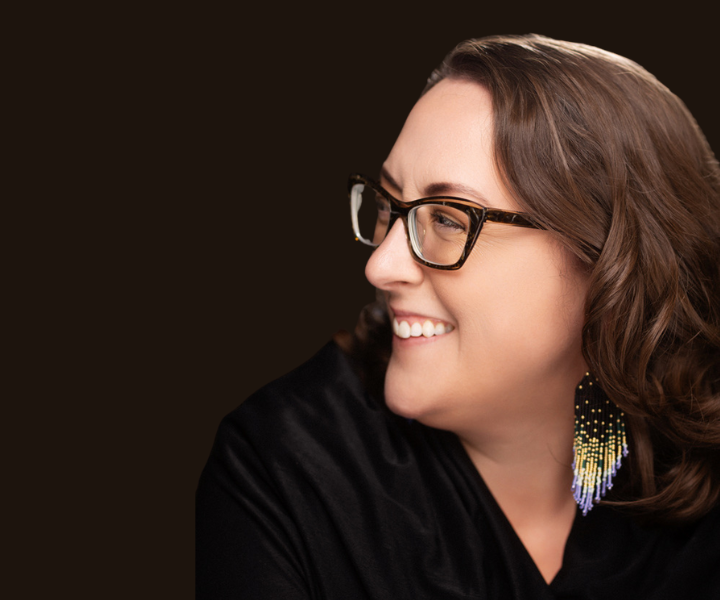
“As a university educator, I work to support learners in their un/learning, bridging knowledge gaps that result from colonial education systems working exactly as they were designed to.”
Danielle Lussier, LLL '06, LLB '07, LLM '08, PhD '21
— Associate Professor, Queen’s National Scholar and Chair in Indigenous Knowledges and Perspectives at
“By doing this work from a space of humility and grace,” she continues, “I hope to inspire learners to take responsibility for their learning — and actions — beyond the four walls of my classrooms.”
Simon has carried that legacy forward and deepened it with her own lived experience. As a former student, she intimately understands the loss of identity many Indigenous students experience in navigating a legal system that has historically harmed their communities.
“This institution wasn’t made to recognize Indigenous culture,” she says. “But this role helps to bring a deeper understanding and action to the institution’s promises on reconciliation.”
Community for Life
Tasha’s impact is best understood through the voices of those she supports. For recent graduate and Co-President of ILSG (Indigenous Law Students’ Governance), Samantha Moreau, JD ’25, Tasha was not just an advisor, she was the reason she came to uOttawa.
“When I was applying to schools, I was looking for spaces with a strong Indigenous community,” says Moreau.
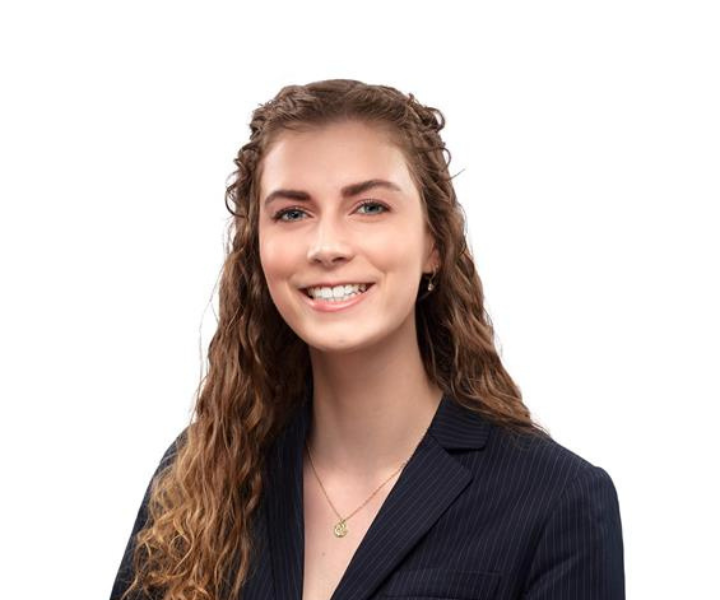
“uOttawa was one of the only schools I found with an Indigenous program specialist. Since being here, Tasha has made myself and every Indigenous student feel so welcome and supported.”
Samantha Moreau, JD '25
Moreau recalls a time during a particularly challenging moot competition when she felt overwhelmed and unsure.
“I was dealing with a serious case of imposter syndrome,” she says. “Tasha supported and encouraged me. She let me practice arguments with her and gave me the encouragement I needed. When I came back from the moot, she was the first person I sought out to share the good news. She said it was proof I was on the right path.”
For 2L student Ben Surmachynski, the emotional and cultural complexity of being an Indigenous student makes Tasha’s presence essential.
“Being a law student is no easy task—especially for an Indigenous student,” he shares. “From the start, Tasha has been the steady hand guiding and supporting us as we’ve grown. I truly believe I would not be where I am today without her help.”
Surmachynski adds that choosing to study law as an Indigenous person can feel like stepping into the unknown, and support systems matter.
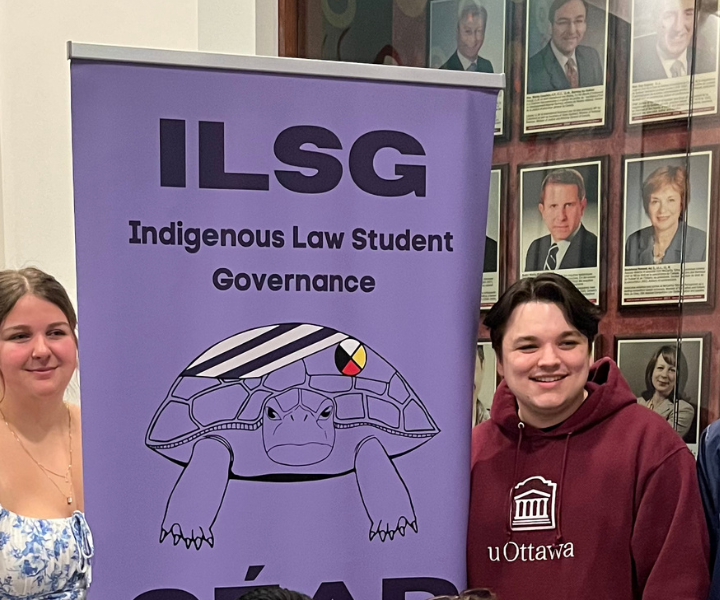
“While I can’t quell all your fears about studying the law, I can say uOttawa Law will be your home away from home, and that is because Tasha will always ensure you have community here.”
Ben Surmachynski, 2L
— ILSG Co-President
For Simon, one of the proudest moments in this role is watching students graduate and receive their degrees.
“It’s a full-circle moment,” she says. “You watch them throughout their law school journey, as they overcome obstacles and challenges with strength and bravery. You share in their most joyous moments and witness their lowest moments, while giving them the encouragement they need to get through and remaining a constant in their life.”
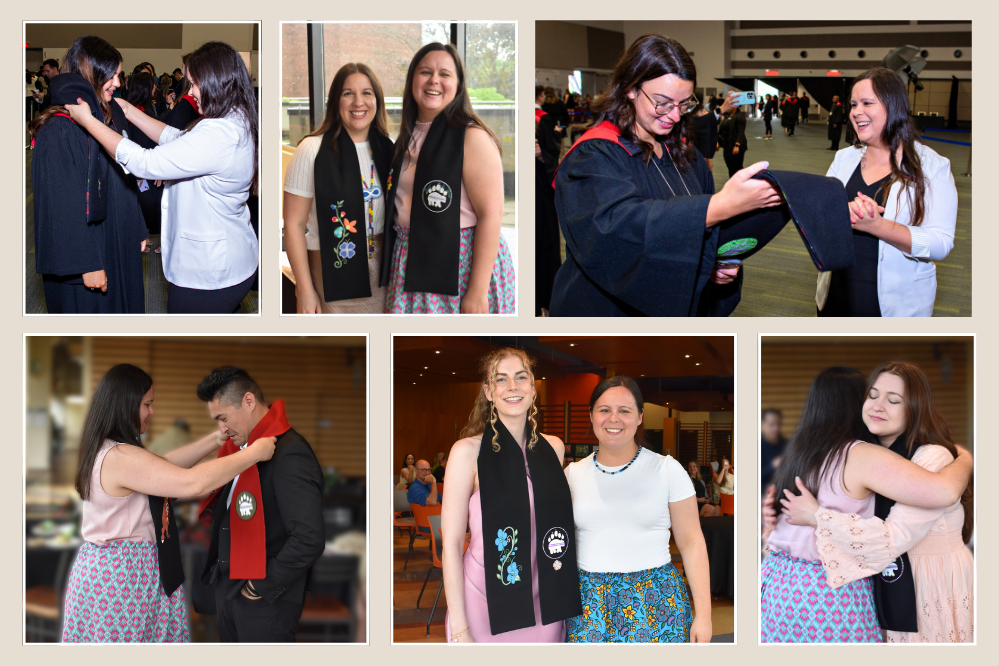
Beyond the Title
As the Faculty continues to decolonize legal education, Simon’s role is a vital expression of that commitment. She organizes cultural and wellness events, supports professional development, advocates at institutional levels, and ensures Indigenous law learners know they are not alone.
But it’s not without its challenges. “Often, it’s Indigenous people who carry the burden of decolonizing these institutions,” Simon notes. “That can lead to burnout.” Still, she remains dedicated to uplifting the next generation of Indigenous legal professionals and paving the way for Indigenous youth.
She has a message for those thinking about studying law at uOttawa:
“Yes, law school can be hard. But you are not alone. There’s a community here that understands what it means to be an Indigenous law learner. A community that sees you, supports you, and prepares you for your future in the legal profession.”
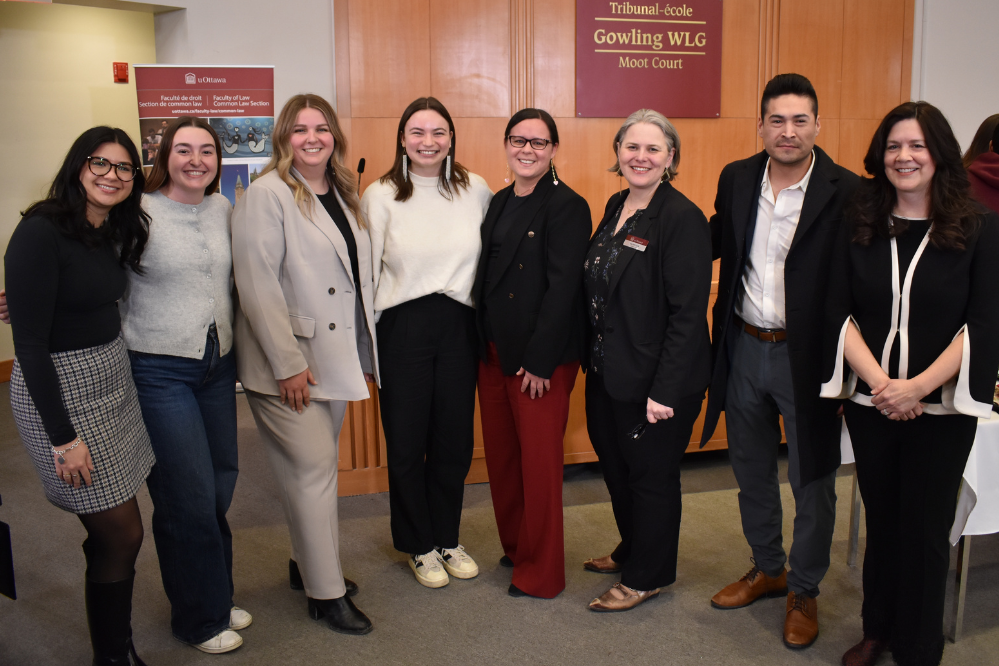
An Auntie for Life
Whether you call her a mentor, a law school auntie, or simply Tasha, one thing is clear: Tasha Simon is building more than programming. She’s building kinship. She’s building a home. She's building a community for life.
“Community for life means someone you can reach out to, even long after graduation,” says Simon. “It’s someone who knows your journey. A mentor for life. An auntie for life.”
